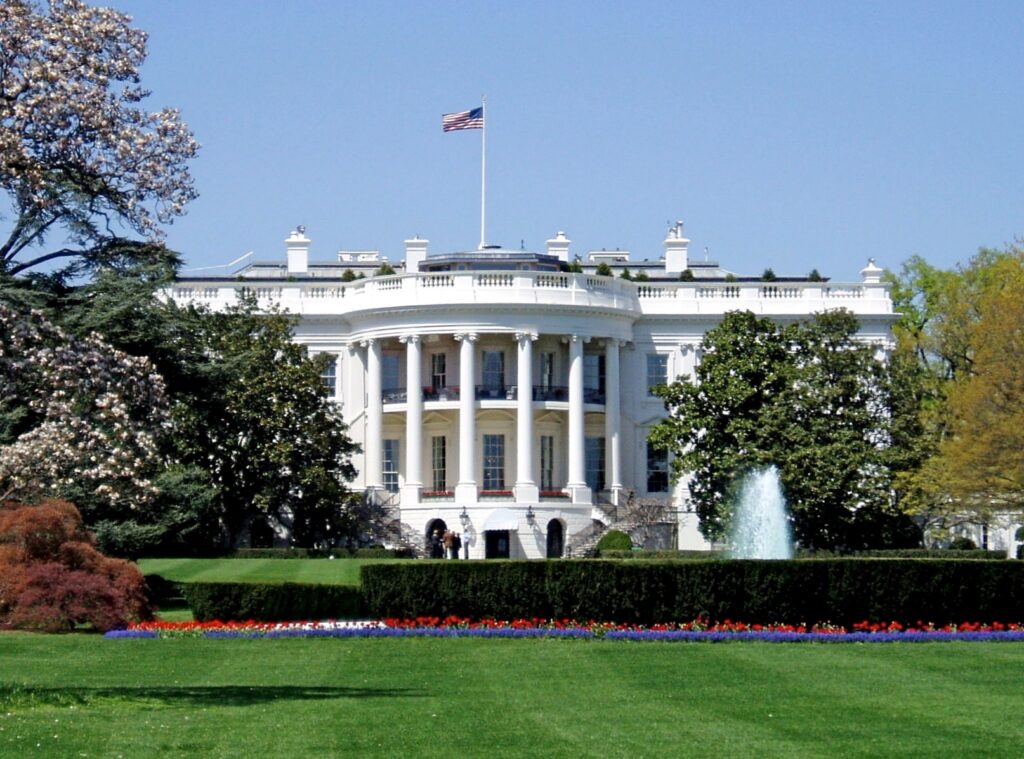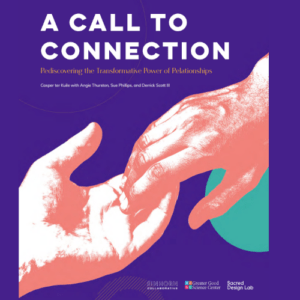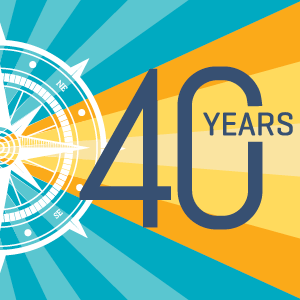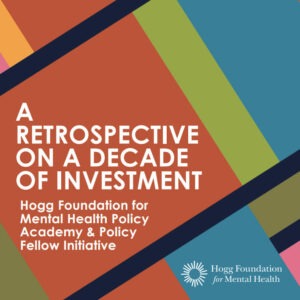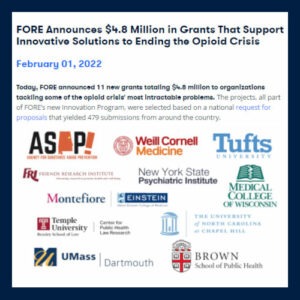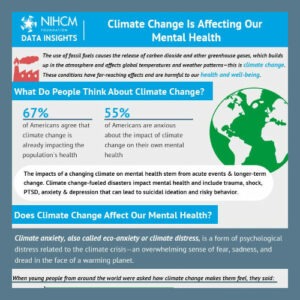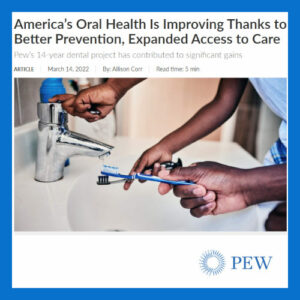The Final Reconciliation Package: Implementation of Key Provisions
On July 4, 2025, H.R. 1, the One Big Beautiful Bill Act, was signed into law. The implementation dates for key health care provisions in the law vary, with some taking effect immediately upon passage and others being implemented over several years. This resource details key dates for the implementation of the law’s most significant health care provisions.
Deadlines in Health-Related Executive Orders and Presidential Memoranda
This GIH policy resource details many of the health-related executive orders issued by the administration and includes a calendar of upcoming implementation deadlines.
Beyond the Exam Room: Impacting Health Outcomes Through Civic Engagement
August marks Civic Health Month, a time to showcase the link between voting and health and celebrate efforts that ensure every voter can support their community’s health at the ballot box. At the same time, the United States is grappling with a health care system ranked 37th globally despite consuming 17 percent of the country’s GDP. With 26 million Americans uninsured and 43 million underinsured, the gap in access to care continues to widen. This crisis will deepen as critical ACA subsidies expire at the end of 2025, potentially leaving 3.8 million more Americans without coverage, in addition to new federal cuts to Medicaid and changes to how coverage is accessed through the health insurance marketplace, which could result in as many as 20 million Americans losing their health insurance.
A Call to Connection
The Einhorn Collaborative recently commissioned A Call to Connection: Rediscovering the Transformative Power of Relationships, in partnership with Sacred Design Lab and Greater Good Science Center. The report combines scientific research on the power of connection, insights from ancient wisdom traditions, stories of impact, and recommended practices to help live more fully in connection with one another.
Why We Need to Go to Florida
A few weeks ago, we opened registration for our first in-person conference since 2019. The 2022 GIH Annual Conference on Health Philanthropy will be held in Miami, Florida, and includes an opportunity for participants to join us virtually. Since then, we have received a few inquiries.
Retrospective Report: Mental Health Policy Academy and Policy Fellow Initiative
The Hogg Foundation for Mental Health released a retrospective report of their decade of investment in the Mental Health Policy Academy and Policy Fellow Initiative, which had the goal of bolstering the mental health and substance use policy workforce to make long-term systems change.
Foundation for Opioid Response Efforts Announces $4.8 Million in New Grants
The FORE Foundation announced 11 new grants totaling $4.8 million as part of a new Innovation Program to support solutions to some of the opioid crisis’ most challenging problems, including professional education and training to address stigma, timely and actionable data, and supporting the transition from treatment to recovery.
New Infographic: Climate Change Is Affecting Our Mental Health
The National Institute for Health Care Management Foundation released an infographic that highlights how climate change is affecting mental health and offers steps that can be taken to build mental health resilience.
America’s Oral Health Is Improving Thanks to Better Prevention, Expanded Access to Care
The Pew Charitable Trusts are wrapping up their long-term dental campaign, which worked to address policy changes that would increase access to dental care.


